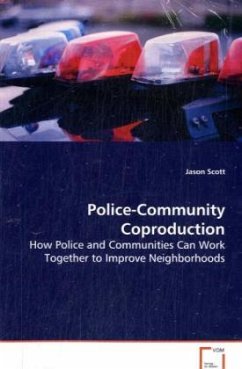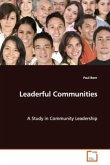Research in the fields of criminology and sociologyhas examined the role of communities in publicsafety and crime control. These studies havedemonstrated that socially organized communities aremore capable of exerting control over their localenvironments and producing more favorable outcomesfor residents. At the same time, advocates ofcommunity policing have argued that this reform canpositively contribute to the social organization ofcommunities. This has lead some to argue thatcommunity policing may indirectly produce positiveoutcomes through its impact on the socialorganization of neighborhoods. This book relies oninterviews with neighborhood leaders to explore thecapacity of police and residents to improveneighborhoods. Several models for understanding therelationship between community policing andneighborhood social organization are provided. Thisbook is designed to supply scholars, policeofficials, and neighborhood leaderswith greater insight into the relationship andcapacity that exists between police and neighborhoodresidents.
Bitte wählen Sie Ihr Anliegen aus.
Rechnungen
Retourenschein anfordern
Bestellstatus
Storno








